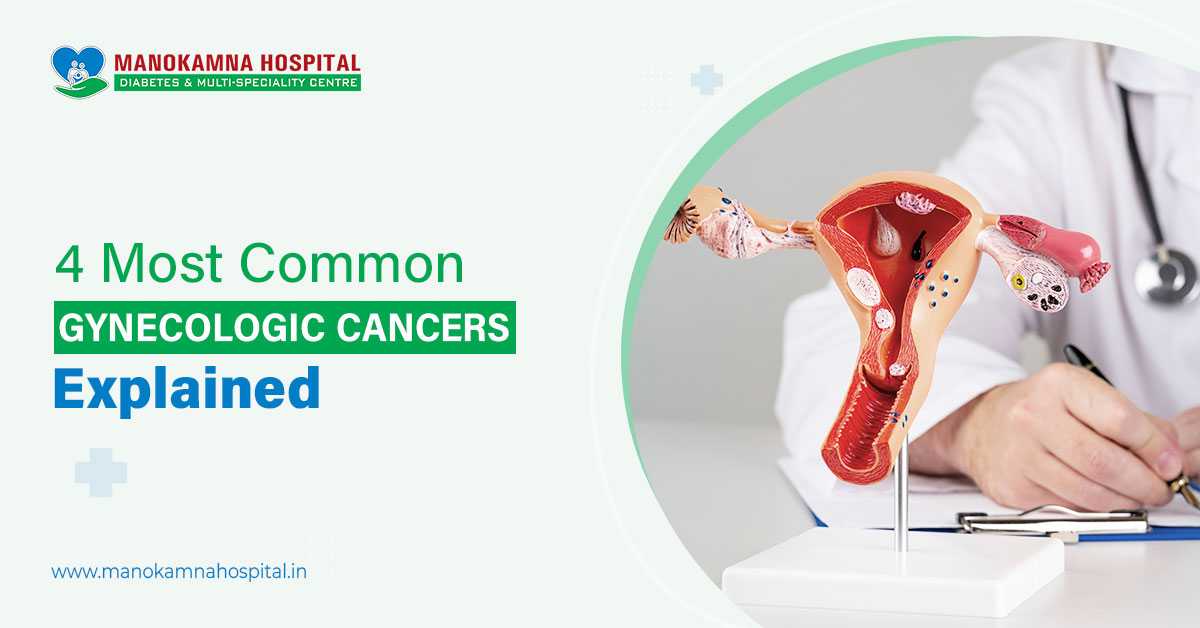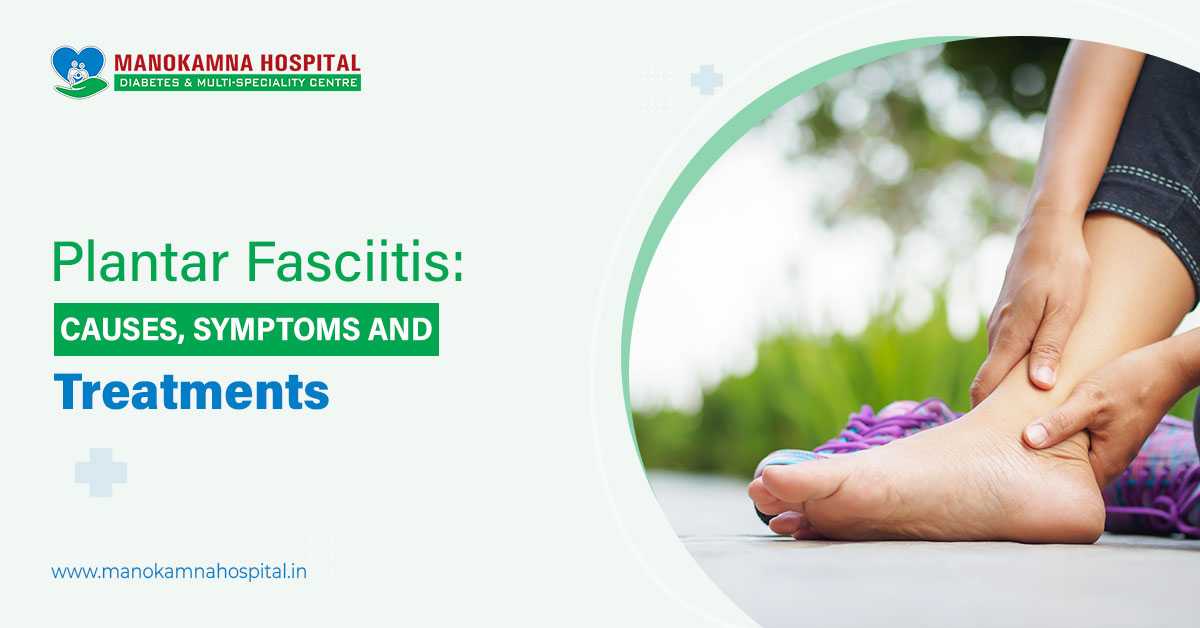Alzheimer’s disease refers to a brain disorder marked by a progressive decline in thinking ability, memory, and behaviour. This neurological condition tends to interfere with day-to-day life. It’s most common in individuals with dementia. Dementia is a syndrome causing the deterioration of cognitive functions, like learning, thinking, remembering, decision-making, reasoning, problem-solving ability.
Memory deterioration in older adults often considered an age-associated concern can be a sign of dementia. Uncontrolled dementia may result in Alzheimer’s disease as a complication. These conditions can co-exist but are not the same. See the best neurologist in Siliguri.
Possible signs of Alzheimer's disease
Memory loss appears to be a classic sign of Alzheimer's disease. Here further signs include:
- Difficulty thinking
- Difficulty managing finance
- Trouble concentrating
- Inability to recognize numbers, familiar things
- Problems making decisions
- Issues with problem-solving skills
- Problem performing familiar tasks like bathing, dressing, cooking
- Depression
- Delusions
- Apathy
- Irritability
- Social withdrawal
- Changes in the sleep pattern
- Wandering
- Mood swings
Severe Alzheimer's disease can lead to complete memory loss, loss of communication skills, requiring assistance for eating, walking sitting up, etc. Consulting a neurologist is of great help. Do not ignore memory loss. Fast assistance from a medical specialist helps heal the condition and prevents further complications.
What can put you at risk of Alzheimer's disease?
Some common contributing factors for Alzheimer's disease involve:
- A family history of Alzheimer's disease, especially in first-degree relatives/parents or siblings
- Older age is a significant risk factor for this neurological disorder. People over 65 may have the risk of developing dementia or Alzheimer's disease
- Down syndrome is when a person has an extra chromosome called chromosome 21. It results in gastrointestinal abnormalities, obesity, obstructive sleep apnea, immune disorders, dementia, seizures, vision issues, hearing problems, and leukemia in young kids, spinal issues,
- Traumatic brain injury or severe head trauma in older people may increase the risk of Alzheimer’s disease, especially in the first 6 months-2 years.
- Chronic difficulty sleeping may be associated with the risk of this neurological condition. Talk to the best neurologist in Siliguri. Consulting a specialist early on is essential.
- Excessive alcohol intake brings about changes in the brain chemicals. And that may cause an individual to get this health concern. Get professional support to break the urge for alcohol addiction optimally.
Other factors like active tobacco smoking, high blood pressure, obesity, high cholesterol, type 2 diabetes, or even exposure to second-hand smoke can put you at risk.
Treatment options for Alzheimer's disease
In order to determine if you have Alzheimer’s disease, doctors examine your symptoms, order blood tests, physical and neurological examinations, and go for diagnostic procedures like brain imaging tests (PET scan, MRI, CT scan). You may/may not require all sets of tests.
Treatment for Alzheimer’s disease includes medications and interventive ways. There’s no exact way to get rid of this health condition completely. Furthermore, lifestyle modifications, a healthy support system, taking medication on time, controlling pre-existing health problems, and maintaining follow-up health check-ups help improve the behavioural symptoms of Alzheimer’s disease. Receive an expert helping hand today.




